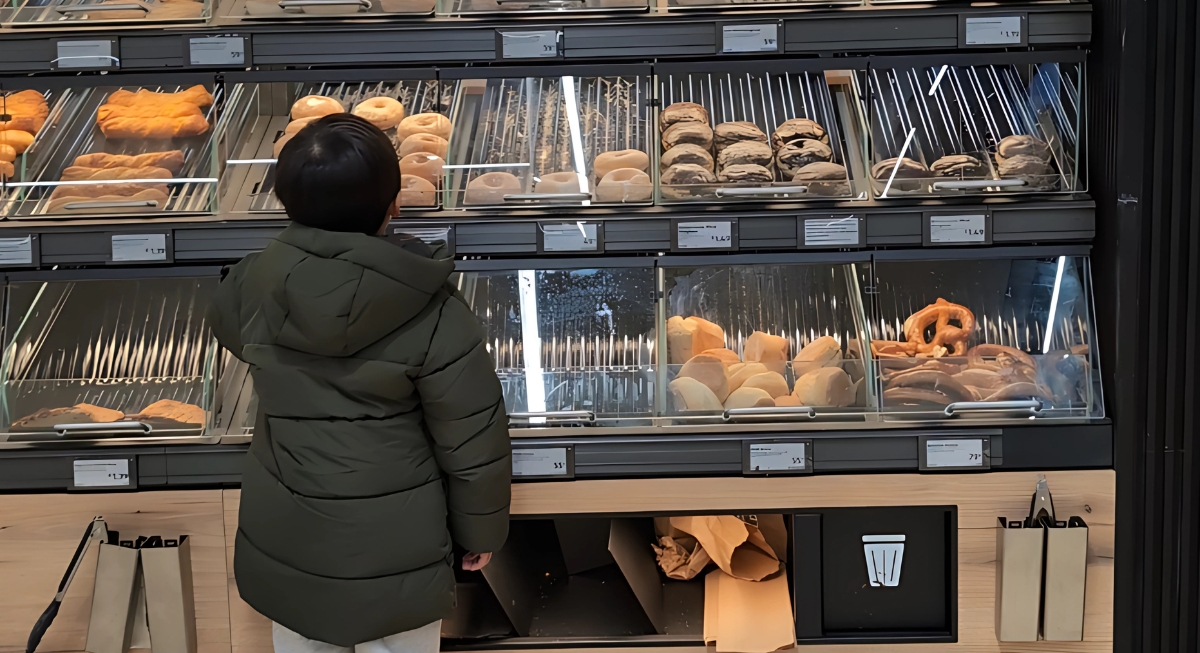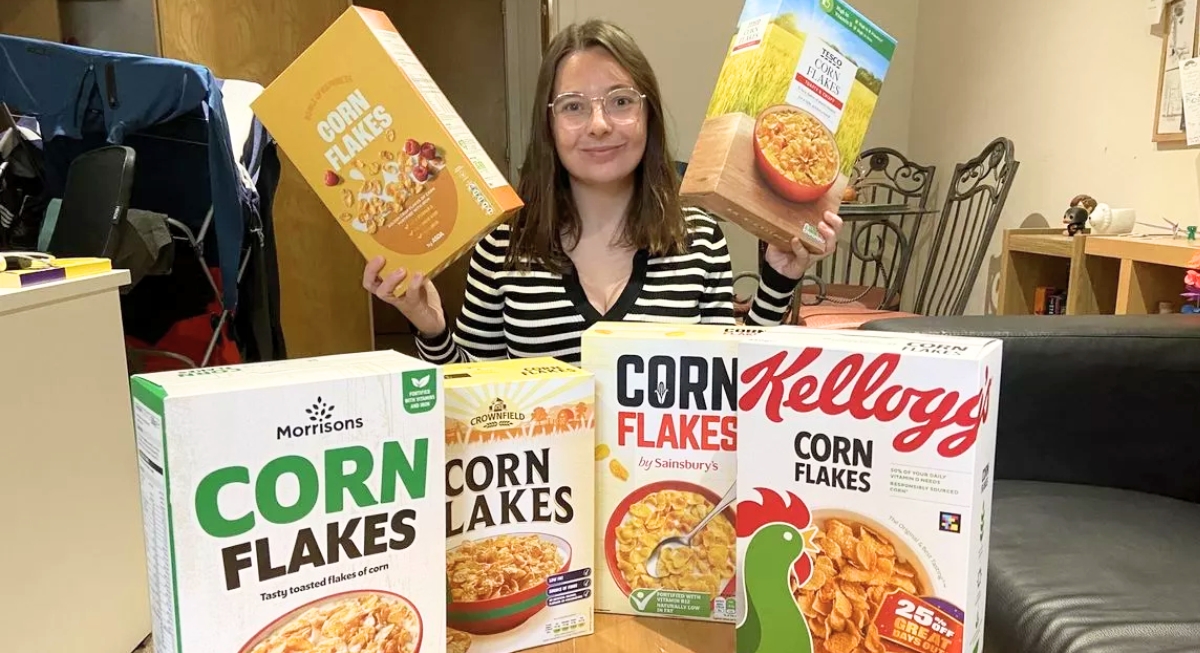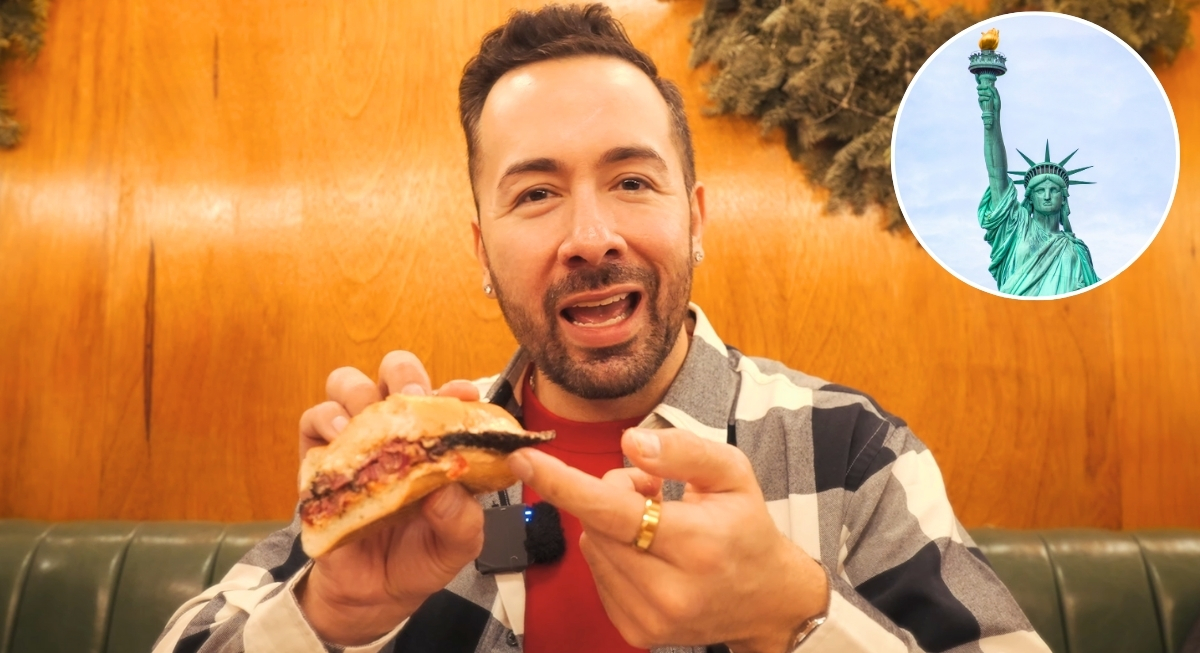Gardening in your backyard can be a peaceful and fulfilling activity, but before you get your hands dirty, there are some legal restrictions that might surprise you. Depending on where you live, certain plants and crops are either illegal to grow or require strict regulation. From plants that can harm local ecosystems to crops linked to controlled substances, the legal landscape for gardening can be a bit tricky. If you’re not careful, you might unintentionally break a few laws in your pursuit of a lush garden. Here’s a look at some of the common foods and plants that could land you in hot water if you’re not aware of the regulations.
Certain Fruit Trees
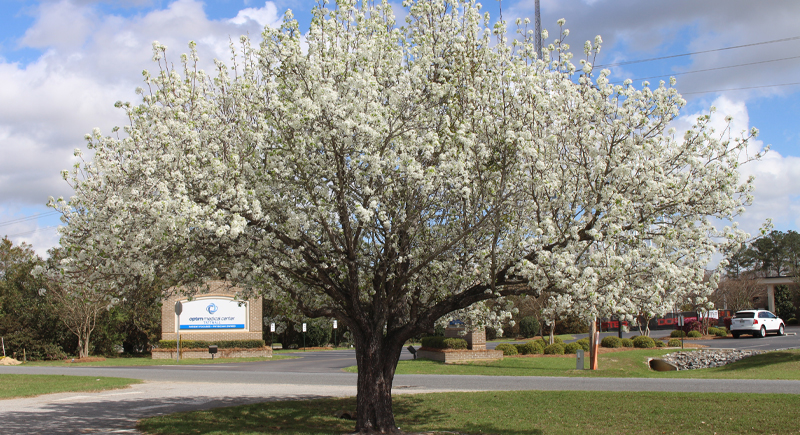
Credit: flickr
Certain fruit trees can also fall under legal scrutiny. Non-native and invasive species, such as the Bradford pear tree, are banned in various U.S. states due to their ability to outcompete local flora and disrupt ecosystems. The Bradford pear is notorious for spreading aggressively, and its weak branch structure makes it prone to breaking during storms, leading to property damage. Other fruit trees, like citrus in some regions, can be restricted to prevent the spread of diseases such as citrus greening, which has devastated crops in places like Florida. Always research the tree species you plan to grow to ensure they aren’t on any restricted lists.
Vegetable Gardens in Front Yards
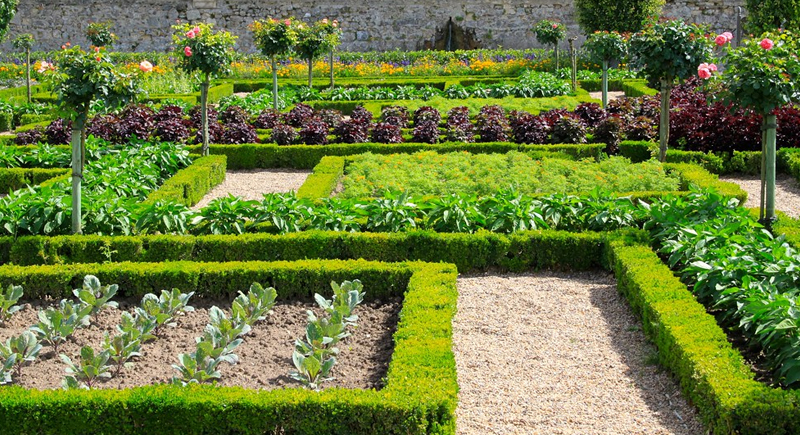
Credit: flickr
Believe it or not, some cities still restrict where you can plant a vegetable garden. In many municipalities, growing vegetables in your front yard can be against zoning laws or homeowner association rules. These laws were often established to maintain the aesthetic of neighborhoods, but public pushback has been strong in recent years. Thanks to movements that promote food sovereignty and sustainability, some cities are revising these outdated regulations. However, if you live in a more traditional area, you may want to check with your local zoning board before planting tomatoes and cucumbers in your front lawn.
Hemp
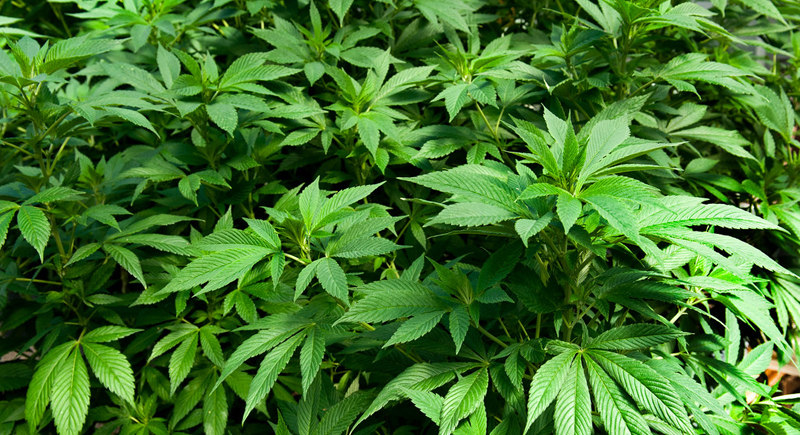
Credit: flickr
Hemp cultivation is another area where legal restrictions vary widely. Although hemp has been legalized federally in the U.S. under the 2018 Farm Bill, growing it in your backyard can still be illegal or heavily regulated, depending on your state. Hemp is often confused with its psychoactive cousin, cannabis, though it contains very little THC (the compound that gets people high). Despite this distinction, strict guidelines are in place because of its close association with marijuana. Most states require a license to grow hemp, and there are limitations on how it can be used and sold. If you’re considering adding hemp to your garden, make sure you’re fully aware of your state’s regulations.
Rhubarb Leaves
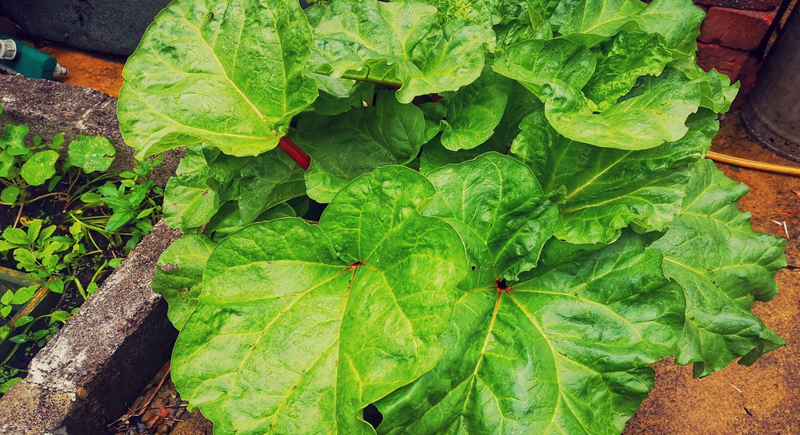
Credit: flickr
Rhubarb is a common garden plant, but did you know the leaves are toxic? While it’s not illegal to grow rhubarb itself, you do need to handle it carefully. Rhubarb leaves contain oxalic acid, which can cause poisoning if ingested in large amounts. Most gardeners know to only use the stalks for cooking, but improper disposal of the leaves can lead to contamination. Composting them, for example, might lead to the spread of toxins. This isn’t something to worry about in most cases, but it’s good practice to keep the leaves far from anything edible.
Absinthe Wormwood
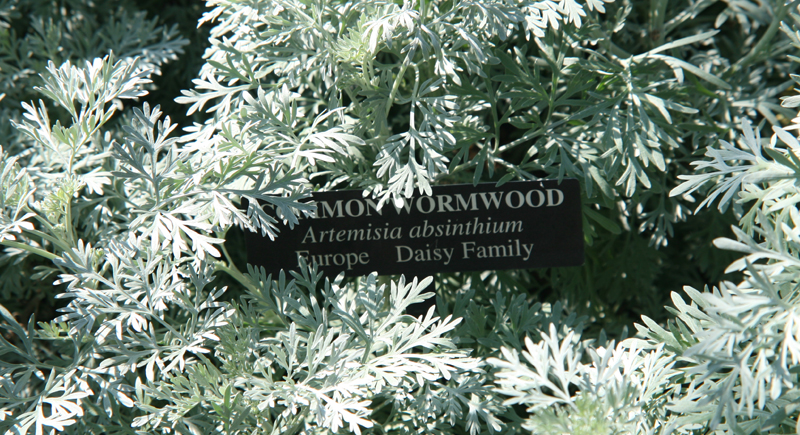
Credit: Wikimedia Commons
Absinthe wormwood is known for its use in the production of absinthe, a once-controversial alcoholic beverage. Though absinthe has been legalized in many places, the plant itself is still controlled in some areas due to its psychoactive properties. Wormwood contains thujone, a compound that, in high doses, can cause hallucinations and other harmful effects. This has led to restrictions on cultivating the plant in certain regions. If you're thinking of growing wormwood for its ornamental or medicinal properties, make sure to check local regulations first.
Bamboo
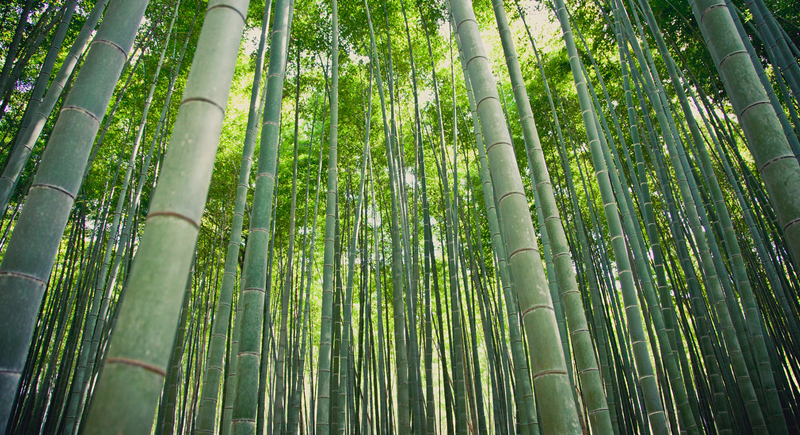
Credit: flickr
Bamboo might seem like an attractive addition to your garden, but certain types can be extremely invasive. Once bamboo takes root, it’s notoriously hard to control. Some local governments have outright banned or regulated its growth because it can quickly spread and damage nearby structures, including foundations and fences. Bamboo’s underground root system, known as rhizomes, allows it to spread rapidly if not managed properly. If you’re planning on adding bamboo to your yard, consider non-invasive varieties or install proper barriers to prevent it from taking over.
Poppies
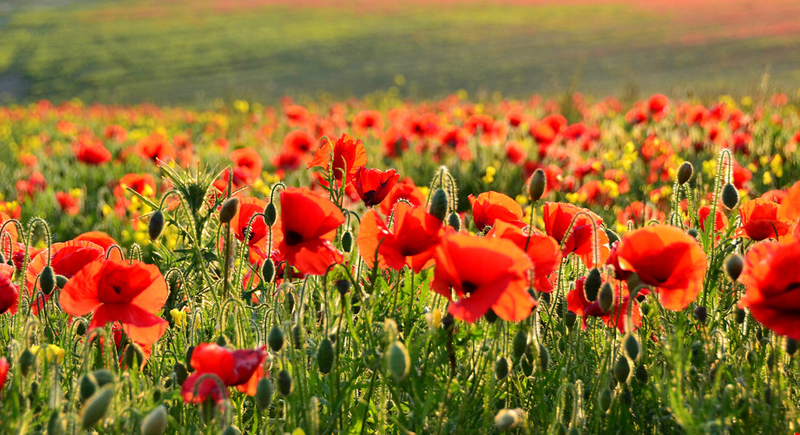
Credit: flickr
Poppies are well-loved for their bright, beautiful flowers, but growing them can be risky depending on the species. Some types of poppies, like the opium poppy, are illegal to grow in many regions because they can be used to produce opiates. Law enforcement agencies are quick to destroy opium poppy plants if they’re found, even if the gardener intended them purely for ornamental purposes. In some cases, even possession of the seeds can raise red flags. Be cautious about which varieties you choose for your garden to avoid any unwanted attention.
Nightshade Vegetables in Certain Areas
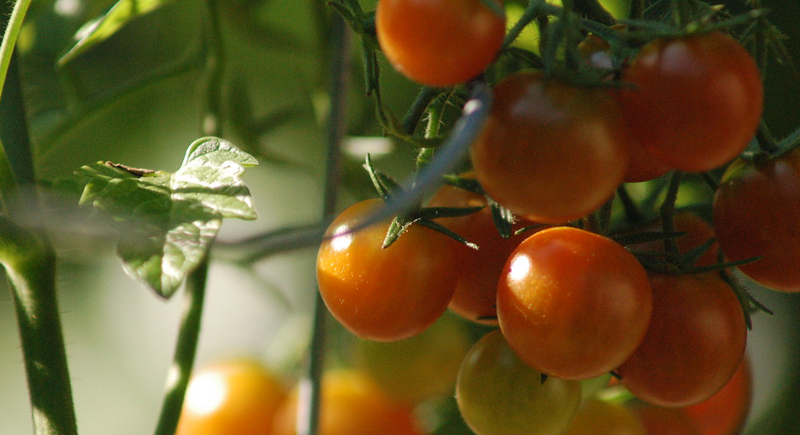
Credit: flickr
Nightshade vegetables, including tomatoes, potatoes, and eggplants, are popular in home gardens, but they aren’t always welcome in every location. In certain regions, these plants are restricted because they can carry diseases that affect other local crops. For instance, tomatoes can harbor pests like the tomato hornworm, which can spread quickly and wreak havoc on other plants. Local agriculture departments in some places have strict guidelines about where and how these vegetables can be grown to prevent contamination of other crops.
Belladonna
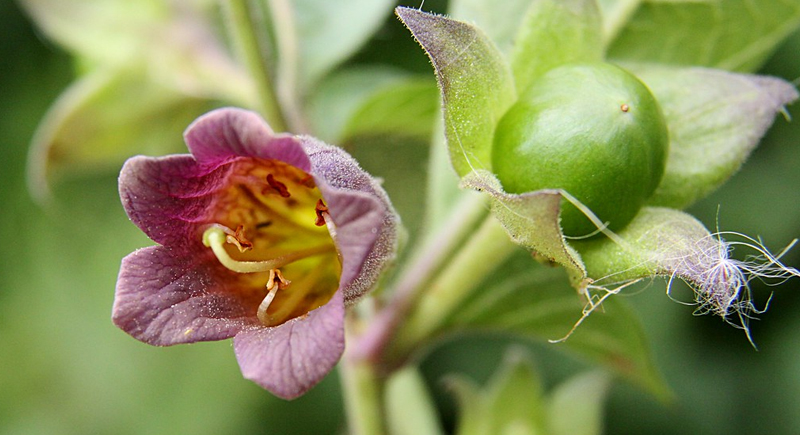
Credit: flickr
Belladonna, also known as deadly nightshade, lives up to its name. This plant is highly toxic, with both the berries and leaves containing dangerous compounds that can cause severe poisoning in humans and animals. Because of its toxic nature, belladonna is illegal to grow in certain areas, and it’s heavily controlled in others. Though it has historical uses in medicine and cosmetics, its dangerous properties have led to a ban on cultivation in some regions. It’s best to avoid planting it altogether if you have pets or small children.
Kudzu
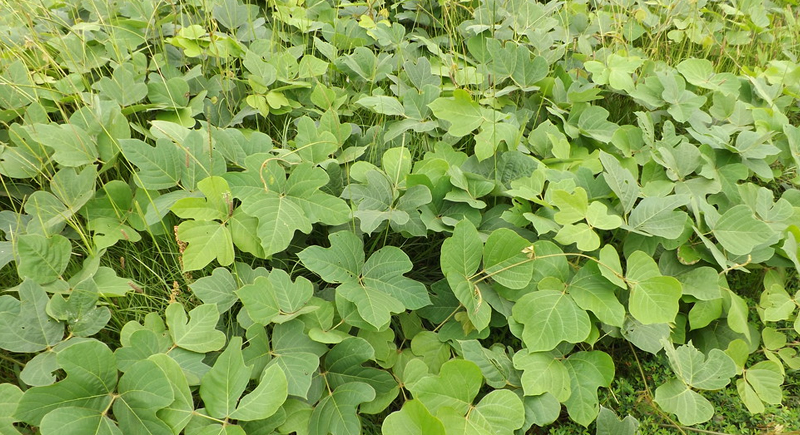
Credit: flickr
Kudzu is the poster child for invasive species. Nicknamed "the vine that ate the South," kudzu can grow up to a foot per day in the right conditions, overtaking trees, buildings, and other plants. Originally introduced to the U.S. to prevent soil erosion, kudzu quickly spread and became a nightmare for landowners and environmentalists alike. In many states, planting kudzu is illegal because of its destructive nature. If you’re looking for fast-growing vines, consider less invasive alternatives to keep your garden from becoming a jungle.
Magic Mushrooms
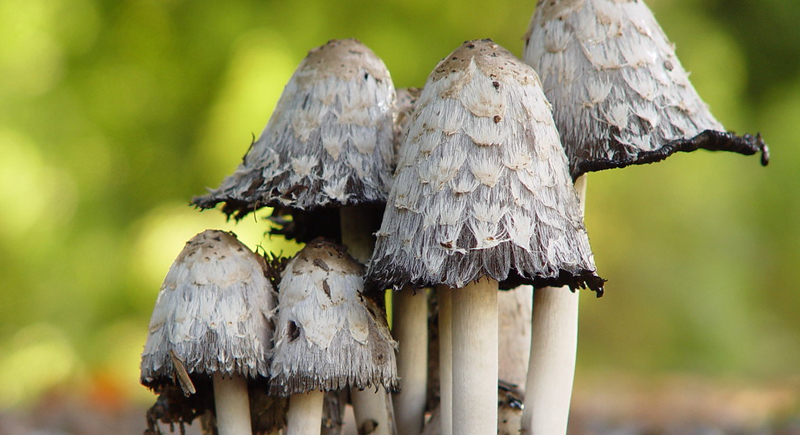
Credit: flickr
Psilocybin mushrooms, often referred to as magic mushrooms, are illegal to cultivate in most places due to their psychoactive properties. Though some areas have decriminalized possession or use, growing these fungi remains a legal gray area or outright illegal in many jurisdictions. Psilocybin is classified as a controlled substance in the U.S. and many other countries, so cultivating the mushrooms can lead to serious legal consequences.
Sassafras
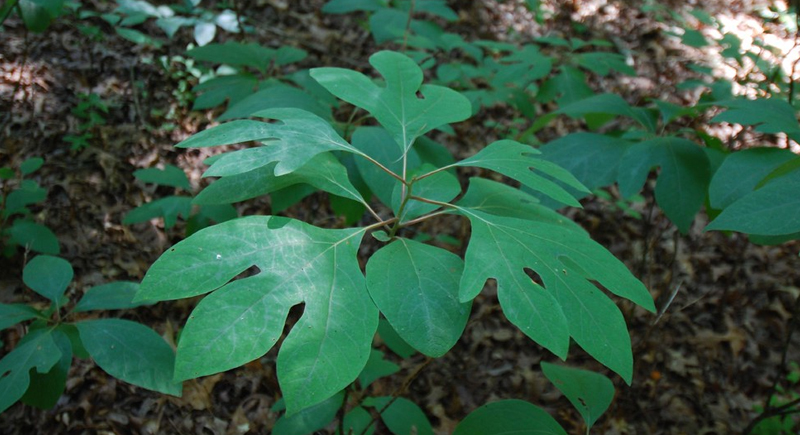
Credit: flickr
Sassafras has a long history in both cooking and traditional medicine, but growing it can come with some legal challenges. The essential oil extracted from sassafras contains safrole, a compound that has been linked to cancer and is also used in the production of the drug MDMA. For this reason, sassafras is regulated in some areas, and its use in food and medicine is closely monitored. If you plan to grow sassafras, make sure you understand the restrictions in your area, especially if you’re interested in harvesting its roots for personal use.
Unpasteurized Milk Products
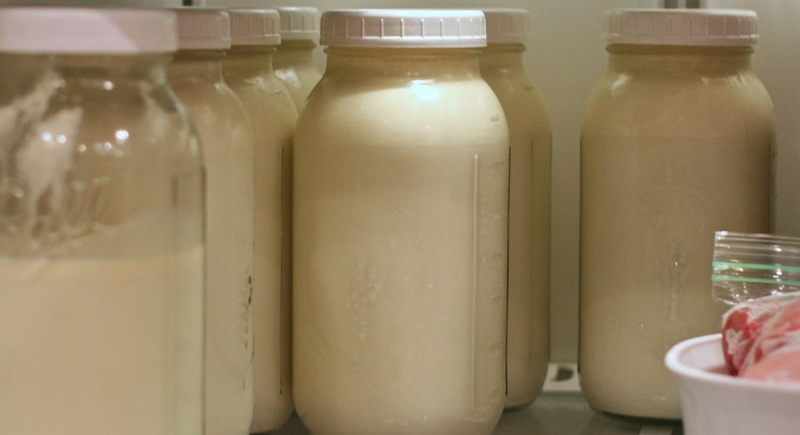
Credit: flickr
Unpasteurized milk, or raw milk, has long been a topic of debate. While you may be raising livestock like cows or goats in your backyard, producing and selling raw milk is illegal or highly restricted in many places due to health concerns. The risk of bacterial contamination like E. coli and salmonella is much higher in unpasteurized milk than in pasteurized, which is why many states in the U.S. have strict laws regulating its production. Some states allow raw milk sales directly from farms, but even then, distribution beyond that point is usually prohibited. It’s important to check your local laws if you’re thinking of starting a small-scale dairy operation.


